One of the European Union’s main goals is for war-torn Ukraine to achieve membership status before 2030, European Commission President Ursula von der Leyen said this February, on the third anniversary of the war.
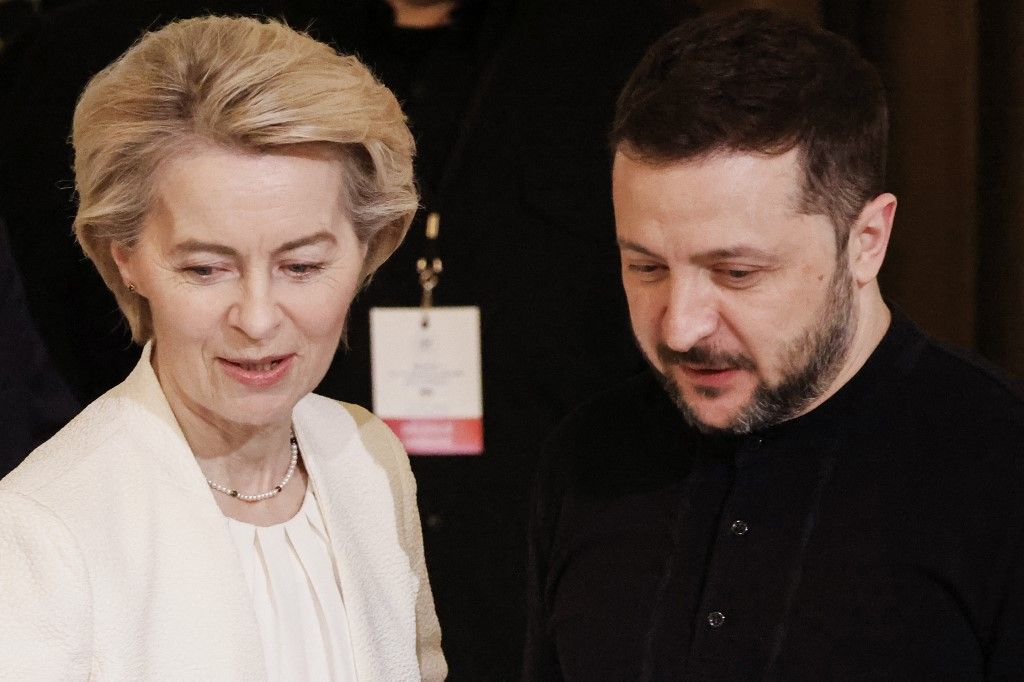
The European Commission is attempting to accelerate Ukraine’s EU integration by all possible political means, although -as our paper previously highlighted - such an expedited accession would be unprecedented.
The conditions for joining the European Union are defined by the Copenhagen criteria, which were adopted at the EU summit in Copenhagen in 1993.
These so-called Copenhagen criteria were established ahead of the accession of Central European countries. They include both political and economic conditions, to ensure the smoothest possible integration into the EU’s competitive, market-based economy,
– Peter Siklosi, lead analyst at the Hungarian Institute of International Affairs, explained to our paper.

In addition, countries aspiring to join the EU must be able to meet the obligations stemming from membership, which means creating the necessary legal, institutional, and political framework, the expert added.
“These rules were enforced in the past, but if we go through the criteria now, we see that Ukraine fulfills almost none of them,” Mr. Siklosi emphasized.
There is no stable, democratic institutional system. Ukraine's party structure is also entirely different from the European norm and is built around oligarchs. As for the rule of law, it is questionable how a country in a state of war and martial law can comply. Not to mention the enforcement of human and minority rights — an issue Hungary has been raising for a long time, as Kyiv fails to uphold minority rights,
he said. The expert also noted that Ukraine’s economy is kept afloat solely by Western aid and would collapse otherwise. He added:
It is highly doubtful that the legal, institutional, and political framework has been implemented. These are precisely the areas where, during the negotiation process, candidate countries are subject to detailed scrutiny over many, many years.
– EU accession for Hungary and the Central European region took over ten years, and in the case of some Western Balkan countries, negotiations have been ongoing for more than 15 years — and are still far from complete. Compared to that, how will compliance with the listed criteria be verified in such an expedited process?” Mr. Siklosi asked.
What we are seeing is that the European Union wants to admit Ukraine without holding it to the Copenhagen criteria. Everyone else must meet these criteria — except for Kyiv.”
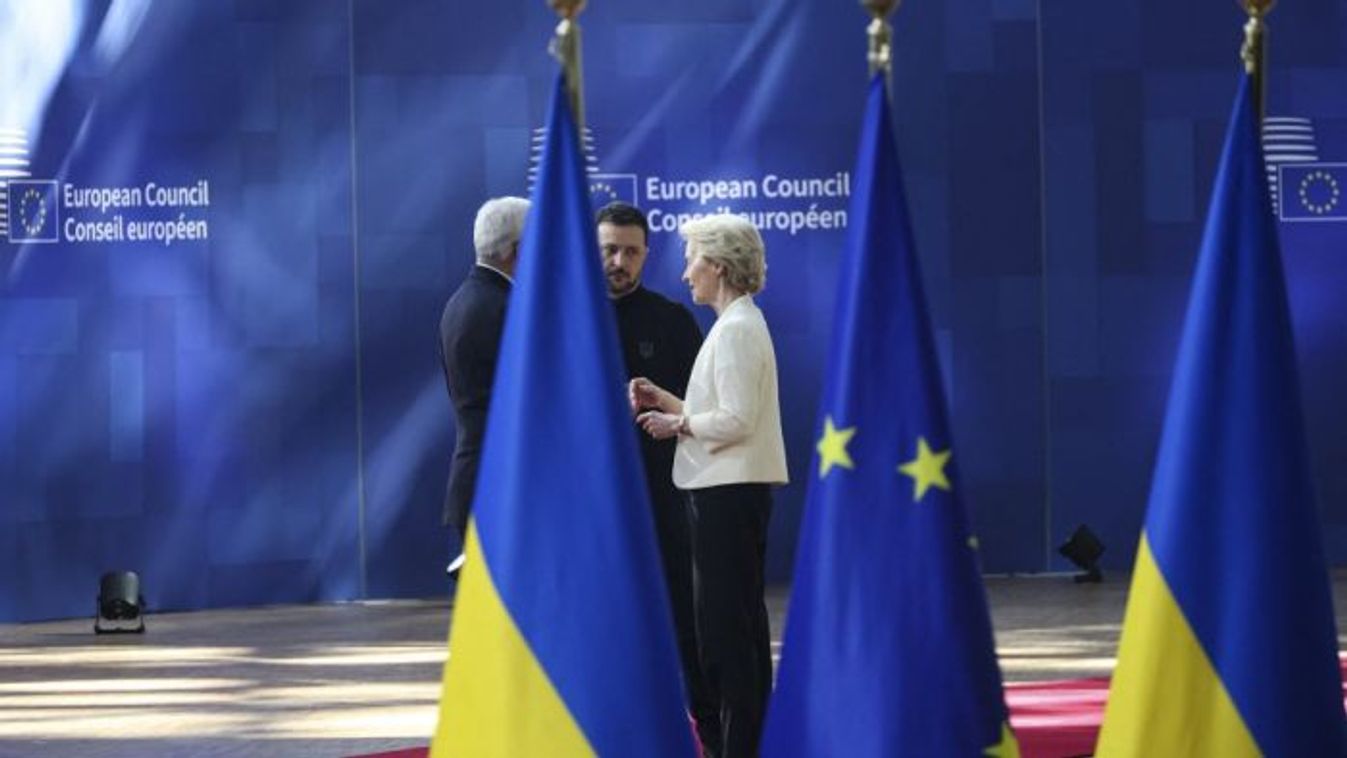
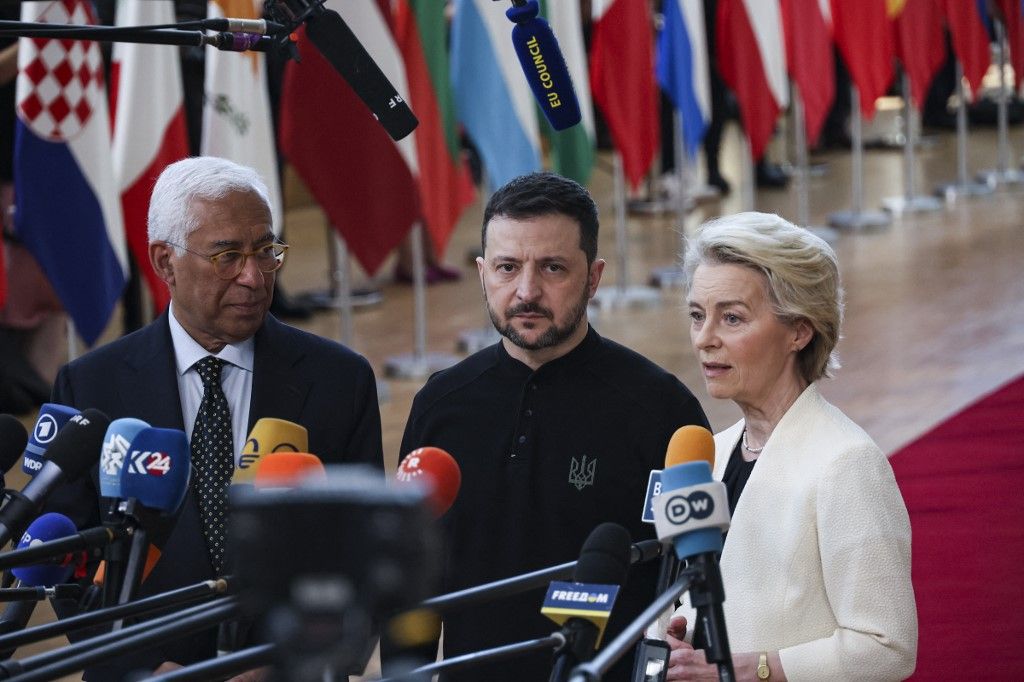


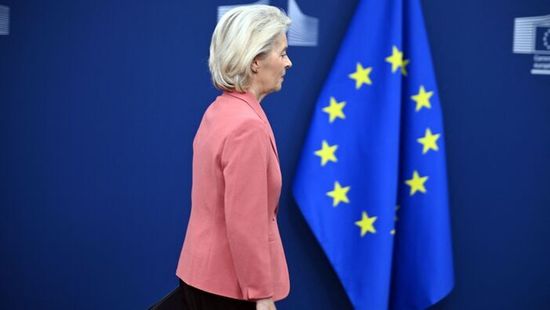
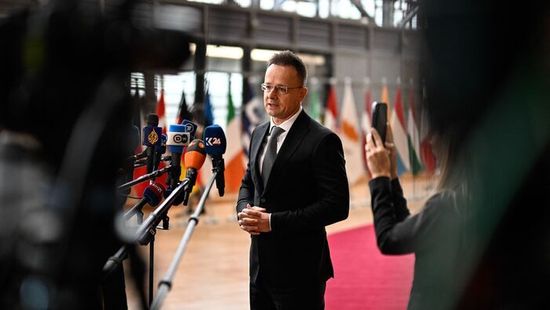


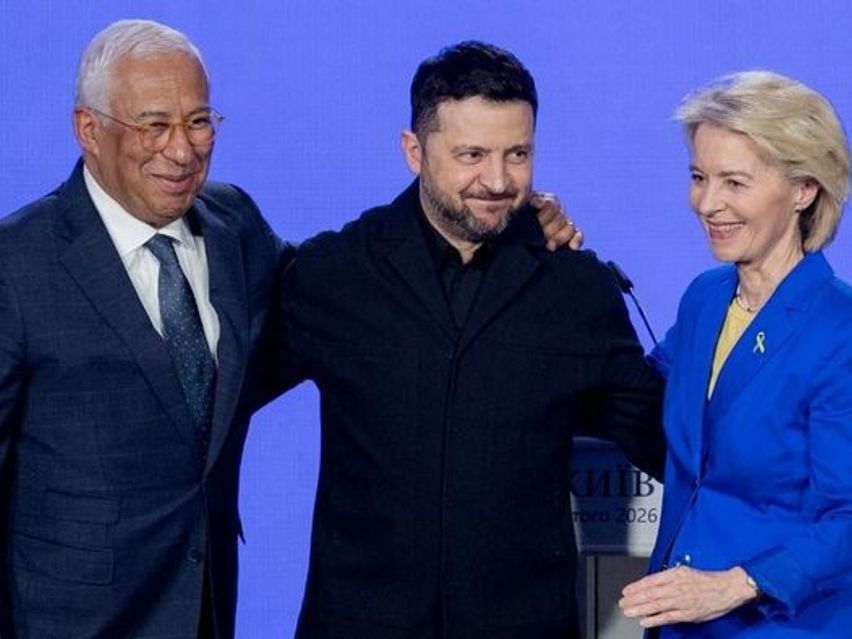



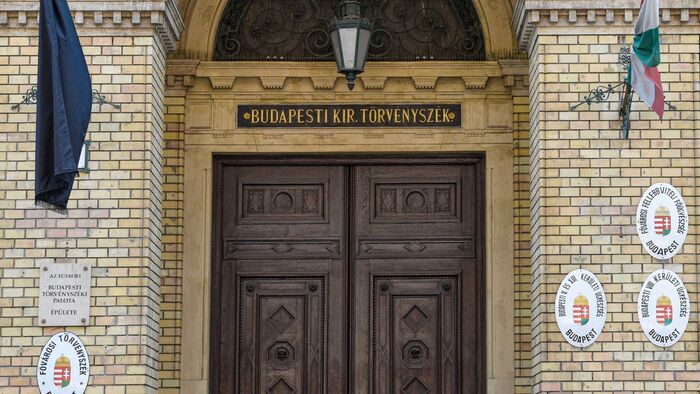


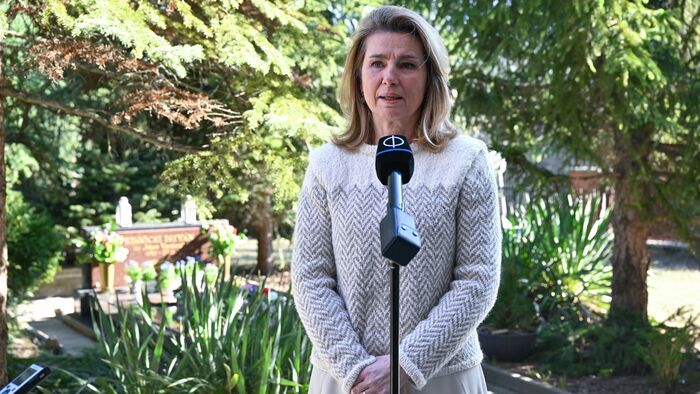
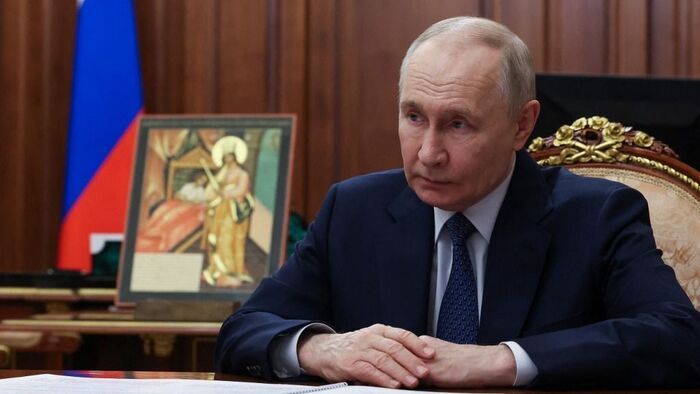
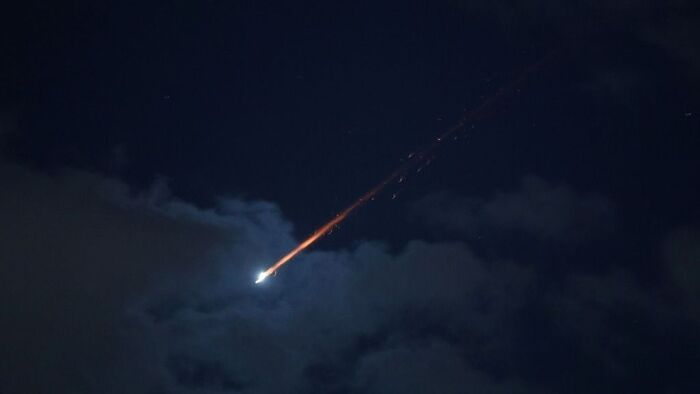






Szóljon hozzá!
Jelenleg csak a hozzászólások egy kis részét látja. Hozzászóláshoz és a további kommentek megtekintéséhez lépjen be, vagy regisztráljon!